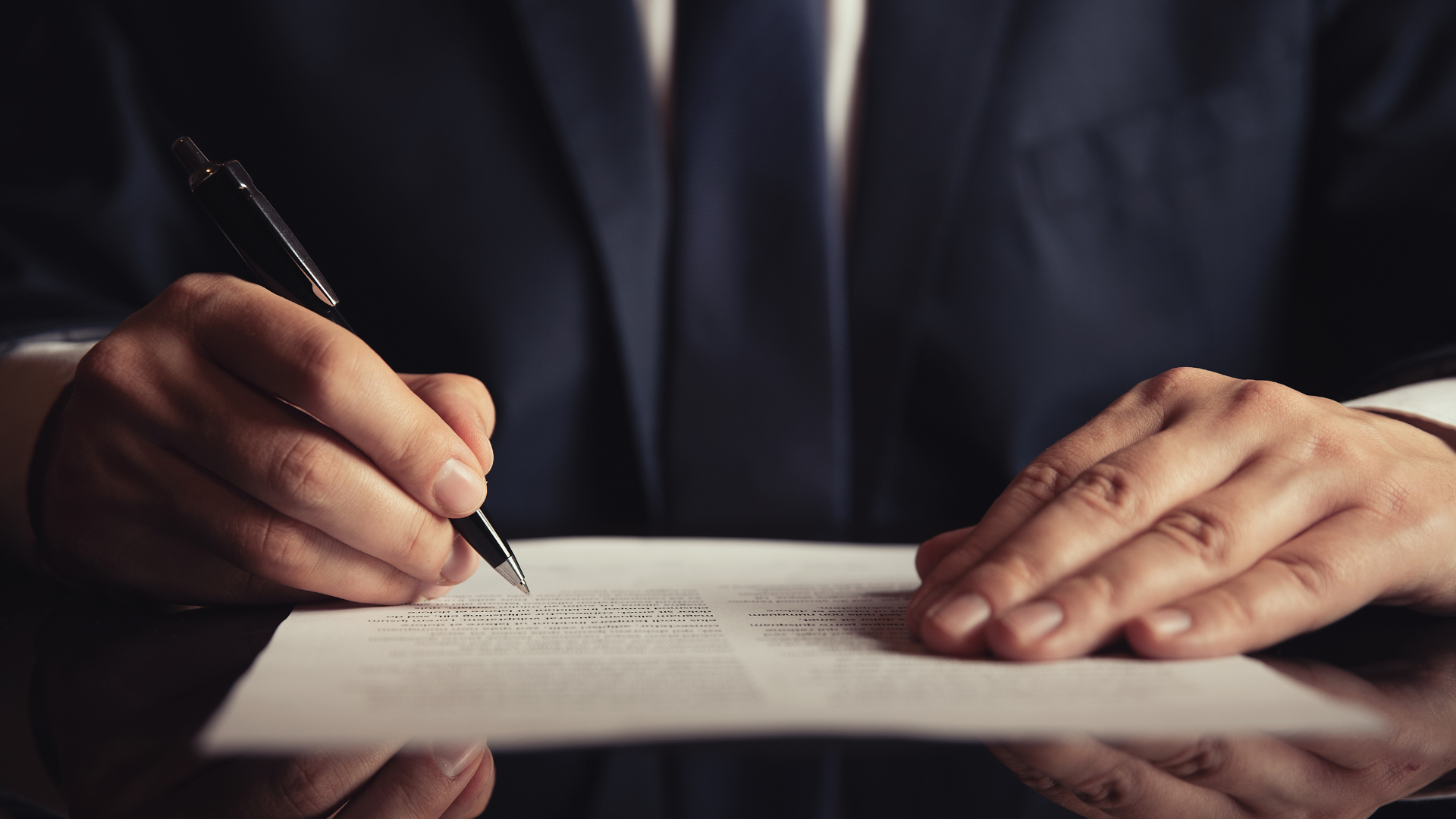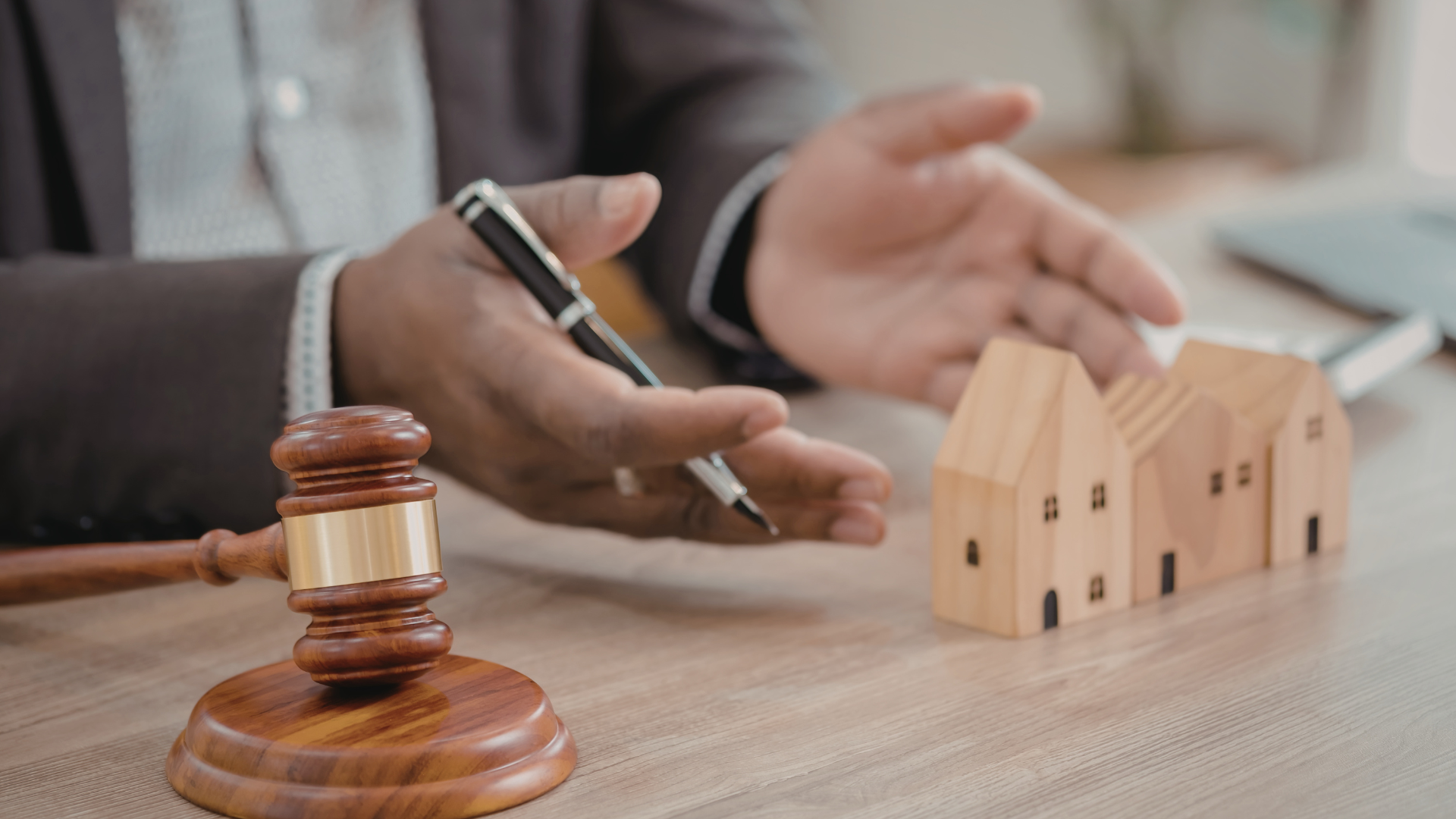7 Rights To Know Before You Protest

7 Rights To Know Before You Protest
Claire Melehani
You have a First Amendment right to protest. However, the government is allowed to place certain narrow restrictions on the exercise of your rights. Make sure you’re prepared by brushing up on your rights before heading out into the streets to protest.
1. You Have The Right To Peacefully Protest In Public Forums
The First Amendment guarantees our rights to freedom of speech & assembly. So you have the First Amendment right to protest – peacefully – on public property.
If you’re on private property, the property owner can ask you to move. But streets, sidewalks, parks, and similar public spaces are “traditional public forums” that have always been a place where people can peacefully protest. You can protest in front of government buildings as long as you are not blocking access to the government building or interfering with other purposes the property was designed for.
2. Counter-Protesters Have The Same First Amendment Right to Protest
Police must treat protesters and counter-protesters equally. Police are permitted to keep antagonistic groups separated but should allow them to be within sight and sound of one another.
3. You Have The Right to Film Police Officers When They Are Policing At A Protest (A Public Space)
If they ask you to step back, if they say that you’re interfering in their work, then they can ask you to give them a little bit of space.
BUT you don’t have to stop filming.
4. Police Cannot Confiscate Or View Your Protest Photos or Videos Without a Warrant
If the officer says, “I need you to delete that photo” or “Let me look through those photos” the officer does not have the right to look through your photos. You do not have to consent to their request to look through your phone. The police would need a warrant from a judge in order to search your phone.
Even IF they have a warrant, they don’t have the right to delete your photos.
5. If Approached By Police At A Protest, Stay Calm, Keep Your Hands Visible, & Don’t Obstruct
If a police officer approaches you to “chat” while you’re at a protest, say as little as possible.
In some states, police do have the right to ask you your name. Stay calm & keep your hands visible.
6. You Have the Right to Ask The Officer If You’re Free To Leave
If the officer says “yes” then that means that you’re not being detained. Calmly walk away. If the officer says, “No, you cannot leave” then that means you are being detained.
7. You Have The Right To A Phone Call, But It Might Not be Private
If you are being detained, you have the right to ask for a phone call. If you call a lawyer, the police technically cannot listen to your phone call, but that is no guarantee that they aren’t listening.
But, if you call someone besides an attorney, the police are likely to listen in. So, if you use your phone call to ask family or friends to help, just let them know (1) where you are and (2) how they can come help you.
What To Do If You Believe Your Rights Have Been Violated
When you can, write down everything you remember, including the officers’ badge and patrol car numbers and the agency they work for.
Get contact information for witnesses.
Take photographs of any injuries.
Once you have all of this information, you can file a written complaint with the agency’s internal affairs division or civilian complaint board. You can also contact us










